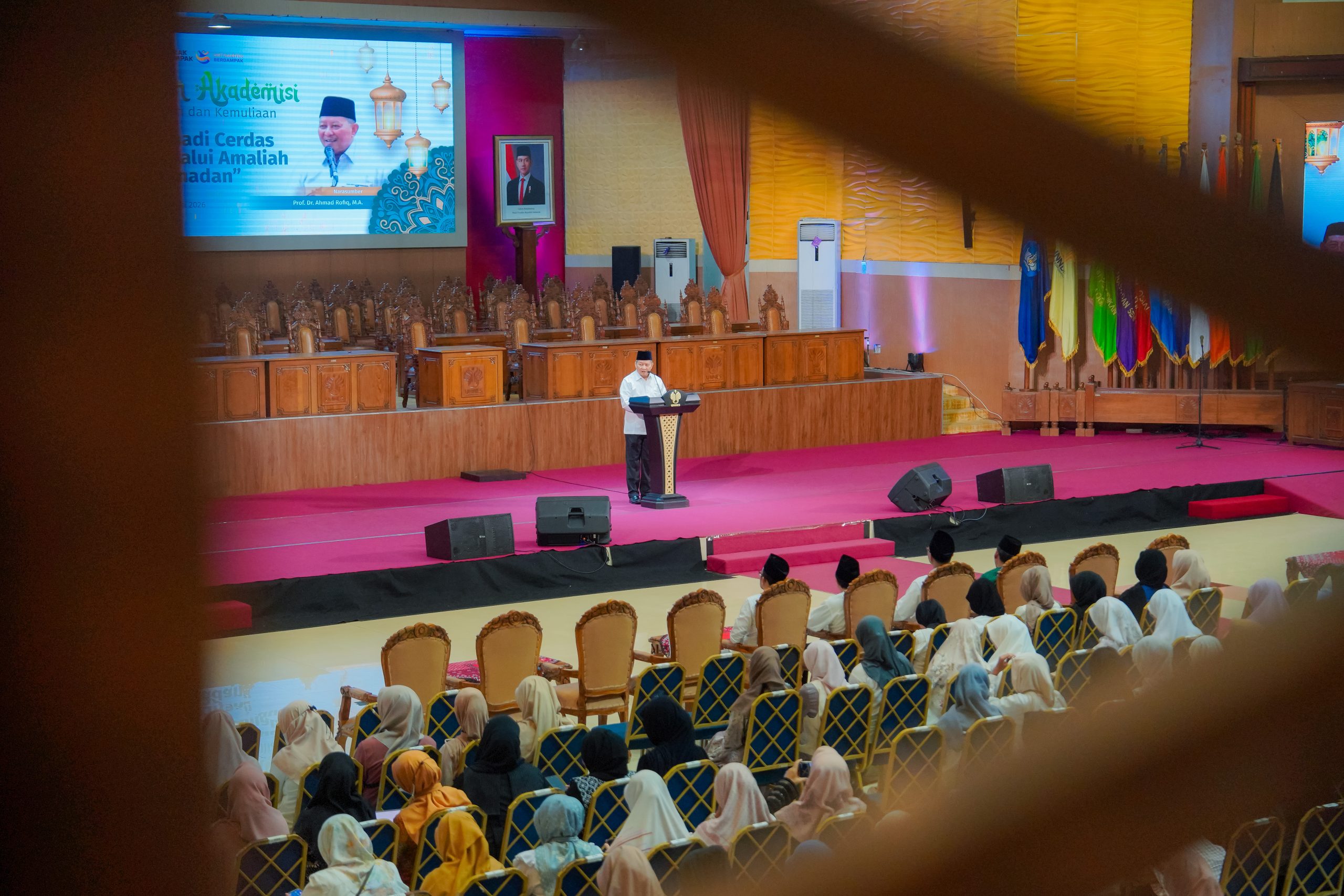Universitas Negeri Semarang menduduki rangking 9 kategori kinerja proses pada klasterisasi perguruan tinggi Indonesia tahun 2020 oleh Direktorat Jenderal Pendidikan Tinggi (Ditjen Dikti) Kementerian Pendidikan dan Kebudayaan Republik Indonesia yang diumumkan pada tanggal 17 Agustus 2020.
Direktur Jenderal Pendidikan Tinggi, Prof Dr Nizam menjelaskan bahwa klasterisasi merupakan upaya Ditjen Dikti untuk melakukan pemetaan atas kinerja perguruan tinggi akademik Indonesia yang berada di bawah binaan Kementerian Pendidikan dan Kebudayaan. “Klasterisasi ini bukanlah pemeringkatan namun pengelompokan perguruan tinggi sesuai dengan level perkembangannya. Klasterisasi ini jangan disalah maknai sebagai pemeringkatan,” jelas Prof Nizam.
Lebih Lanjut Prof Nizam menjelaskan bahwa tujuan utama klasterisasi adalah untuk menyediakan landasan bagi pengembangan kebijakan pembangunan, pembinaan perguruan tinggi serta untuk mendorong perguruan tinggi dalam meningkatkan kualitas pelaksanaan tridharma perguruan tinggi secara berkelanjutan. Selain itu, klasterisasi perguruan tinggi berfungsi untuk menyediakan informasi kepada masyarakat umum tentang kualitas kinerja perguruan tinggi di Indonesia.
Rektor UNNES Prof Dr Fathur Rokhman menyampaikan apresiasi dan terima kasih kepada seluruh pimpinan, dosen, tendik, mahasiswa, alumni dan mitra UNNES yang telah memberikan sumbangsih untuk kemajuan kampus.
“ Alhamdulillah, kita harus terus bersyukur atas capaian kinerja untuk meraih cita-cita luhur kampus UNNES. kita telah bekerja bersama untuk meraih yang terbaik. Kita telah berupaya berlari kencang mencapai tujuan dan Alhamdulillah skor UNNES meningkat dari tahun kemarin. UNNES sebenarnya memiliki kemampuan untuk melompat lebih jauh, untuk itu mari kita kompak bersama sama memajukan kampus UNNES yang kita banggakan,” ajak Prof Fathur Rokhman.
Ketua Badan Penjaminan Mutu Universitas Negeri Semarang (UNNES) Agung Yulianto SPd MSi menyampaikan indikator klasterisasi yang didasarkan empat aspek utama yaitu mutu sumber daya manusia dan mahasiswa (input), pengelolaan kelembagaan perguruan tinggi (proses), capaian kinerja jangka pendek yang dicapai oleh perguruan tinggi (output), dan capaian kinerja jangka panjang perguruan tinggi (outcome).
“UNNES Rangking 9 pada aspek proses. terdapat 9 indikator yang digunakan pada aspek proses antara lain Akreditasi Institusi, Akreditasi Program Studi, Pembelajaran Daring, Kerjasama perguruan tinggi, Kelengkapan Laporan PDDIKTI, Jumlah Program Studi bekerja sama dengan DUDI, NGO atau QS Top 100 WCU by subject, Jumlah Program Studi melaksanakan program merdeka belajar, Jumlah mahasiswa yang mengikuti Program Merdeka Belajar,” kata Agung Yulianto.
Pada klasterisasi tahun 2020 ini, indikator yang digunakan untuk menilai kinerja perguruan tinggi pada aspek input antara lain persentase dosen berpendidikan S3, persentase dosen dalam jabatan lektor kepala dan guru besar, rasio jumlah dosen terhadap jumlah mahasiswa, jumlah mahasiswa asing, dan jumlah dosen bekerja sebagai praktisi di industri minimum 6 bulan.
Pada aspek output, terdapat empat indikator yang digunakan antara lain jumlah artikel ilmiah terindeks per dosen, kinerja penelitian, kinerja kemahasiswaan, jumlah program studi yang telah memperoleh Akreditasi atau Sertifikasi International. Sementara pada aspek outcome, terdapat lima indikator yang digunakan antara lain kinerja inovasi, jumlah sitasi per dosen, jumlah patent per dosen, kinerja pengabdian masyarakat, dan persentase lulusan perguruan tinggi yang memperoleh pekerjaan dalam waktu 6 bulan.
Ditjen Dikti Kemendikbud telah mengklasterisasi 2.136 perguruan tinggi di Indonesia pada tahun 2020 ini yang terdiri dari 5 (lima) klaster perguruan tinggi dengan komposisi klaster 1 berjumlah 15 perguruan tinggi, klaster 2 berjumlah 34 perguruan tinggi, klaster 3 berjumlah 97 perguruan tinggi, klaster 4 berjumlah 400 perguruan tinggi, dan klaster 5 berjumlah 1.590 perguruan tinggi.



